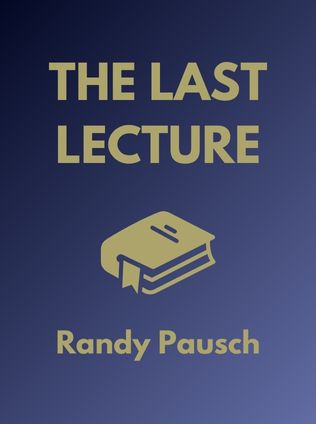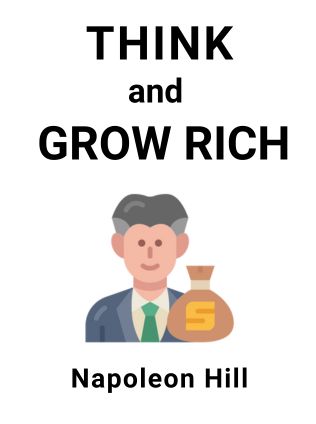
Ideas Are Free
How the Idea Revolution Is Liberating People and Transforming Organizations
By Alan Robinson,
Published 01/2006
About the Author
Alan G. Robinson is a business and government consultant and co-author of the bestseller Corporate Creativity. He teaches at the Isenberg School of Management at the University of Massachusetts. With a focus on creativity and innovation, Robinson has been instrumental in helping organizations unlock the potential of their employees through effective idea management.
Dean M. Schroeder has founded two companies and is the Herbert and Agnes Schulz Professor at the College of Business Administration at Valparaiso University. His expertise lies in business strategy and operations management, and he has been influential in promoting the practical application of employee ideas in various industries.
Main Idea
The central theme of Ideas Are Free is that employee ideas are a vast and largely untapped resource in most organizations. Robinson and Schroeder argue that frontline employees often see opportunities and problems that managers do not, but most companies are better at suppressing these ideas than promoting them. By fostering an environment where employee ideas are encouraged, valued, and implemented, organizations can significantly enhance their performance, save costs, improve customer satisfaction, and create a more engaged and motivated workforce.
Table of Contents
- The Idea Revolution
- The Power of Small Ideas
- The Pitfalls of Rewards
- Making Ideas Everyone's Job
- Putting the Process in Place
- Focusing on What Matters Most
- Getting More and Better Ideas
- Liberation and Transformation
The Idea Revolution
The book opens with the concept of the "Idea Revolution," where organizations are increasingly learning to listen systematically to their employees. This revolution is described as a quiet one, led by managers who recognize the potential of their employees' ideas to improve performance, save money, and enhance customer experiences.
"This quiet revolution liberates people and transforms the way that organizations are run, and it changes the nature of the relationship between managers and their employees." — Alan G. Robinson and Dean M. Schroeder
successful ideas include:
- A guard at a Massachusetts Department of Correction facility suggested using digital cameras instead of film, saving $56,000 annually.
- A staffer at Deutsche Post proposed buying engine oil in bulk, saving millions of euros each year.
These examples highlight how simple, employee-generated ideas can lead to significant savings and improvements.
The Power of Small Ideas
In this section, Robinson and Schroeder emphasize that small ideas often have the potential to create big results. They argue that while business leaders frequently seek breakthrough ideas, it is the accumulation of small, site-specific ideas that often leads to sustainable competitive advantages.
Sign up for FREE and get access to 1,400+ books summaries.
You May Also Like
The Subtle Art of Not Giving a F*ck
A Counterintuitive Approach to Living a Good Life
By Mark MansonThe Lean Startup
How Today's Entrepreneurs Use Continuous Innovation to Create Radically Successful Businesses
By Eric RiesWho Moved My Cheese?
An Amazing Way to Deal with Change in Your Work and in Your Life
By Spencer Johnson, M.D.You Are A Badass
How to Stop Doubting Your Greatness and Start Living an Awesome Life
By Jen SinceroDaring Greatly
How the Courage to Be Vulnerable Transforms the Way We Live, Love, Parent, and Lead
By Brené Brown



















